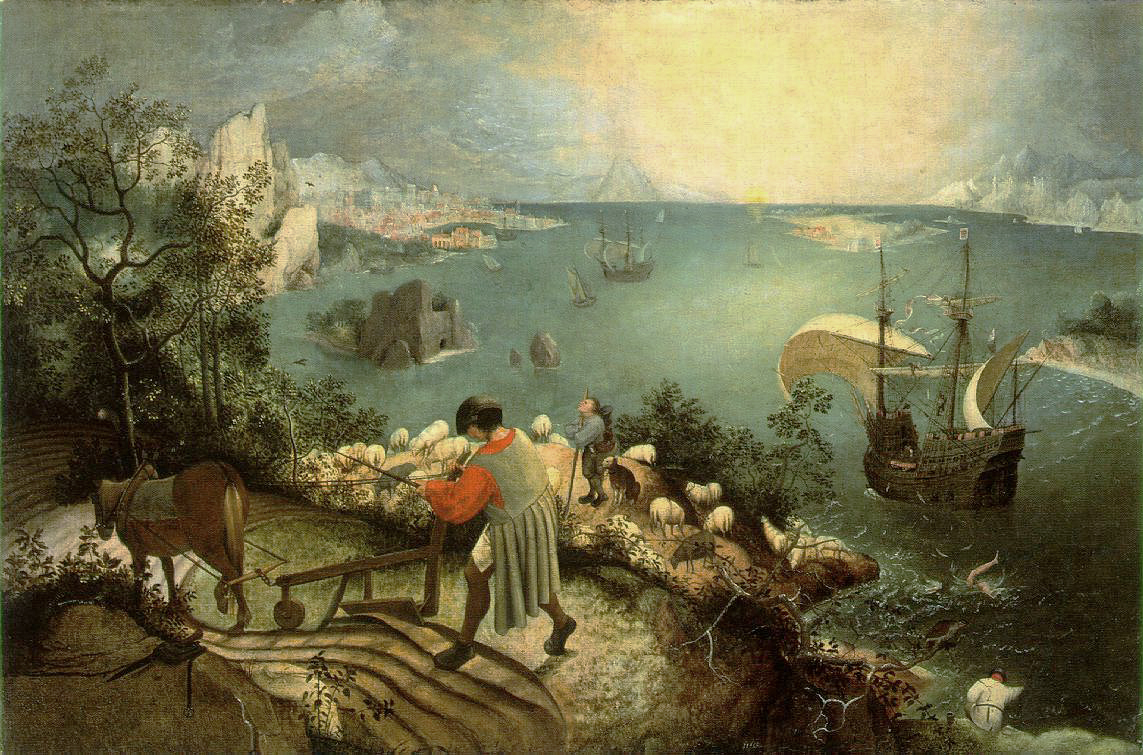English classes are interesting. We teachers often push aside works of nonfiction in favor of fiction’s many incarnations while asking you to produce short works of nonfiction in response (think essay, book report, research paper…). Think about it: if all that you consume is fiction, what do you predict your writing will look like? Exactly.
Please to not misinterpret me: Fiction is vitally important to our understanding of the world. (Remember our discussions on the magnifying glass, the different lenses, and the fact that most communication is metaphorical.) That said, my goal with this section is to remove the pressure of fictional analysis while focusing on three vital skills: communication, collaboration, and connection. You will communicate your ideas and knowledge; collaborate with your peers; and make connections between what you know, what others know, your books, and the outside world.
Here’s how we’ll do it:
Each of you has chosen a work of nonfiction from this list (if you don’t have your copy yet, email me now. I’ll buy it for you and meet you at Starbucks if I have to.):
- The Wisdom of Crowds by James Surowiecki
- Everything Bad is Good for You by Steven Johnson
- The Starfish and the Spider by Ori Brafman
- The Tipping Point by Malcolm Gladwell
- Reviving Ophelia by Mary Pipher
These books cover a wide range of topics (group intelligence over singular genius, the impact of complex pop culture, the resilience of non-hierarchical organizations, how ideas/products become popular, and the impact of relationships and the media on young women), but they all share one thing on common: how we are impacted by the world/people around us.
Each day you may be asked to teach the class about what you’ve read so far. Others who are reading the same work may add to your lecture if they want to. This will be uncomfortable for you at first, but remember, we all want to learn about each of the books, but can’t read them all. Use your reading journal or notes to help you keep track of your thoughts if you’d like.
If you are not teaching your book, take notes in your journal. Write down any lightbulb connections you make between the book and yours, any questions you have, or anything you might want to study further. This will allow you to make sure you understand what is being presented and solidify the connections you make between your book and others’.
After a book has been taught, I will ask the other readers of the book about their thoughts on it so far, and any connections they’ve come across. Before the break, I asked each of you to bring one connection between your book and the outside world to class on Monday. If you’ve found one, keep looking! We can never make too many connections, and I’ll be asking for them often.
We will then open the floor to those who have not read the book but have questions or connections to contribute to the class’s understanding.
This is not a series of presentations. This is not a book report. I will not ask you to stand in front of the class. This is a discussion amongst peers about how parts of the world works. The steps above will only be in place for the first few days. After that, we should be in the habit of explaining what we’ve read, sharing ideas and connections, and building on one another’s ideas. The length of this assignment is dependent upon how deep we want to delve into the topics. We begin work on the final project on day one, so please come prepared. What form the final project takes is dependent upon where our discussions take us.
Grades. Because I have to. Best advice: have fun, talk to others about what they’re reading, share what you know, make connections beyond the classroom.
If you’re keeping track, here’s the breakdown:
- Teaching your book (once per week): 30pts
- Sharing connection (outside source; twice per week): 10pts
- Journal (I’ll glance once per week or so): 20pts
- Weekly participation (discussing, asking questions, answering questions, helping others understand) 30 pts
A list of resources to get you started:
- TED.com Most of the videos are around half an hour. Watch what you’re interested in, not what you think will directly connect with your topic. You might be surprised when a connection pops up later.
- PopTech.org Similar to TED.com, with themed conferences and more articles.
- Hulu.com Don’t get stuck watching Buffy the Vampire Slayer. Check out the "Documentary and Biography" section under the "Channels" button for some interesting movies.
- This American Life Best. Radio program. Evar.
- Did I miss something?? Post your connection sources below.
 You guys are doing great. The handout I gave you today is not meant to get you thinking about the paper, but rather how to continue your search. Online is a great start, but you might think about dropping by Barnes and Noble or Gardner’s. Take a peek around the mythology section (or the children’s section) and see what you dig up. Share your sources!
You guys are doing great. The handout I gave you today is not meant to get you thinking about the paper, but rather how to continue your search. Online is a great start, but you might think about dropping by Barnes and Noble or Gardner’s. Take a peek around the mythology section (or the children’s section) and see what you dig up. Share your sources!